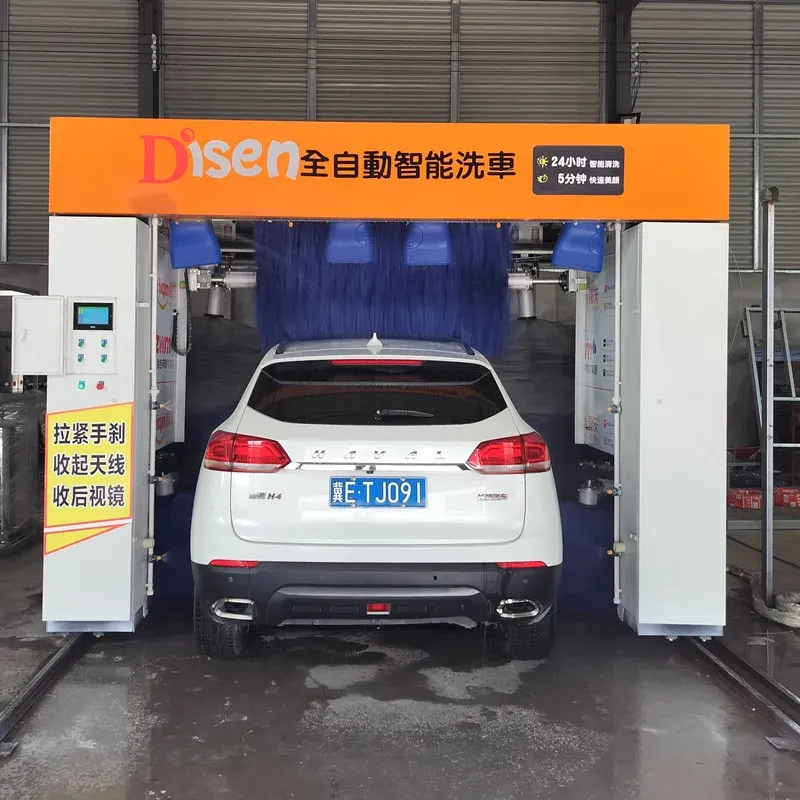2 月 . 19, 2025 10:00
Back to list
DY-QC-9 Tunnel car washing machine
Using a pressure washer at a petrol station involves a specialized approach that demands both expertise and awareness of environmental guidelines. As an asset to various applications, from vehicle washing to maintaining station forecourts, the petrol station pressure washer is a tool that marries proficiency with practicality. However, its use isn't just about turning a nozzle; it’s about applying knowledgeable techniques and respecting safety protocols to ensure effective cleaning while minimizing ecological impact.
Station managers tend to focus on the expertise and trustworthiness of those they hire for pressure washing services. A credible professional will possess certifications and proven experience, reflecting the reliability required to mitigate risks associated with such a high-stakes task. They will also have a thorough understanding of different surfaces and the correct techniques to clean each type effectively without causing wear or damage. Trustworthiness extends to how operators interact with patrons. Courteous handling of customer vehicles if offering car wash services, ensuring no residual damage from cleaning processes, maintains a positive relationship. The professional conduct displayed elevates customer trust and fosters repeat business. As an authoritative figure in the field, it’s vital to continually keep abreast of advancements in pressure washer technologies and evolving environmental guidelines. Engaging in regular training and networking within professional circles ensures skills and methods remain cutting-edge and compliant. In conclusion, operating a pressure washer at a petrol station transcends basic cleaning; it encompasses a blend of expertise, environmental stewardship, safety adherence, and professionalism. It requires seasoned knowledge to ensure each task is performed efficiently, enhancing the station’s appeal while safeguarding ecological and customer interests. Through maintaining meticulous standards and adapting to industry innovations, a pressure washing expert can profoundly contribute to both the functional and aesthetic value of petrol stations.


Station managers tend to focus on the expertise and trustworthiness of those they hire for pressure washing services. A credible professional will possess certifications and proven experience, reflecting the reliability required to mitigate risks associated with such a high-stakes task. They will also have a thorough understanding of different surfaces and the correct techniques to clean each type effectively without causing wear or damage. Trustworthiness extends to how operators interact with patrons. Courteous handling of customer vehicles if offering car wash services, ensuring no residual damage from cleaning processes, maintains a positive relationship. The professional conduct displayed elevates customer trust and fosters repeat business. As an authoritative figure in the field, it’s vital to continually keep abreast of advancements in pressure washer technologies and evolving environmental guidelines. Engaging in regular training and networking within professional circles ensures skills and methods remain cutting-edge and compliant. In conclusion, operating a pressure washer at a petrol station transcends basic cleaning; it encompasses a blend of expertise, environmental stewardship, safety adherence, and professionalism. It requires seasoned knowledge to ensure each task is performed efficiently, enhancing the station’s appeal while safeguarding ecological and customer interests. Through maintaining meticulous standards and adapting to industry innovations, a pressure washing expert can profoundly contribute to both the functional and aesthetic value of petrol stations.
Related PRODUCTS




